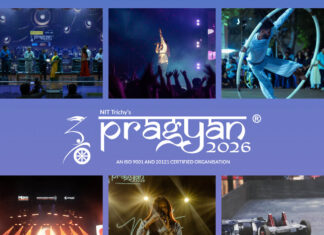
So my inspiration to write this article basically came from a dinner table conversation I was having with my dad, who turns out to be a staunch supporter of Narendra Modi and the so called ‘Hindutva’ ideology of the BJP. The conversation started out as a perfectly healthy discussion on what may or may not happen in the upcoming Lok Sabha elections, but went on to become an argument with my dad defending Modi and his policies and trying to prove to me how flawless he was. And it got me on to thinking that majority of Indians tend to generalise their opinions based on certain stereotypes and fall trap to the herd mentality. But to what extent is this generalisation true?
The Gujarat riots of 2002 have been compared to a massacre, genocide, pogrom and anything else which would tantamount to the gravest of grave form of communal violence. There were incidents of mass killing and men, women and children from both religions were killed in massive numbers. Number of Muslims killed=790; Number of Hindus killed=254.
Even though, going by the above facts, the number of Muslims killed was about triple the number of Hindus, it’s their fault because you know what, they started it. But if the Hindus are as docile and calm as they claim to be, then why must they retaliate? And I don’t wish to be tagged as a “communal person” here, because that is absolutely what my father called me. Neither am I a fanatic, nor am I anti Hindus or anything of the sort. My problem is only with the highly hypocritical attitude. And moreover with the fact that we associate sentiments such as religious fanaticism and extremism only with the Muslims and overlook Hindu extremist groups such as the RSS, and ignore incidents such as the Malegaon blasts and Samjhauta Express. We fail to understand that people with these so called “extreme” views coexist with other people in all religions and overlook the existence of individuals of the like of a Swami Aseemanand or Sunil Joshi, who seem to believe that they are some prodigies of the ‘Great Lord of Hindutva’.
So, there are some misconceptions associated with the fact that Hinduism is the most tolerant religion, and is the be all and end all of everything, as put forward by these propagators of Hindutva. Hindutva, in itself, is actually symbolic of nationalism and not Hinduism. And no, I’m certainly not the only one who feels this might be a threat for India; it’s surprising how ‘The Japan Times’ had an article titled “Hindu fanatics threaten Indian secularism” sometime in 2008.
And coming back to my dad, dare I say it ever again, anywhere in or near the surroundings of my domicile, that Modi was involved in incidents that quantify as ethnic cleansing! I shall have to face the wrath of saying that sentence aloud for a while now.

































